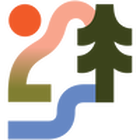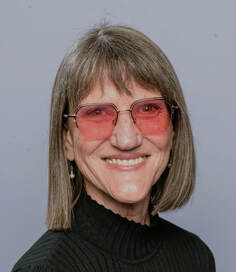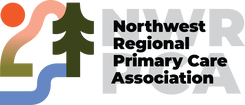CHWs – Who they are and what they do
Community Health Workers have a long history of providing culturally and linguistically appropriate care to their communities. Ideally, CHWs share similar characteristics and life experiences with members of a particular community, such as language, culture, and/or socio-economic circumstances. They may themselves have a chronic disease, a mental health concern, or have experienced the issue from the perspective of a family member. This gives them a unique understanding of the strengths and challenges their patients may be experiencing. “One foot in the clinic, one foot in the community” The most important word in the title “Community Health Worker” is not health – it is community. As trusted members of their communities, CHWs can establish relationships, increase communication, and function as cultural brokers between the community and the healthcare system. With their lived experience, they can bust barriers to care that may be unknown or unseen by those outside the community, and they play a critical role in addressing the social drivers of health – those non-medical factors that influence health outcomes. Within a primary care setting, CHWs are integral care team members, assisting with chronic disease self-management education and coaching, care coordination, and “warm hand-offs” from the providers. A CHW's deep connection to their community can provide insight into a patient’s life and input into their care plans. Patients may not share with their providers or care teams what is happening in their lives but may open up to a CHW with whom they have a relationship. For this reason, a clinical CHW must have “one foot in the clinic and one foot in the community” to keep their community presence and relationships relevant and visible. The “Clinical Learning for CHW” series Including CHWs as part of the health center care team is a relatively new concept, and experienced CHWs may not come to your health center with medical training or experience. It can be daunting for non-medically trained staff to feel professionally competent and comfortable in a medical setting. To help address this gap, the CHW Institute is introducing the “Clinical Learning for CHWs” webinar series to introduce CHWs to the knowledge and basic skills needed to work in a primary care setting. This webinar series is ideal for CHWs new to working with a primary care team or for agencies starting a clinical CHW program. Five modules introduce CHWs to care team members and their roles; medical terminology and recognizing standard terms; the importance of medical documentation (including SOAP – Subjective, Objective, Assessment, and Plan), and client confidentiality; medication literacy and the CHW's role in helping patients reduce medication errors; and a high-level review of five anatomical systems. The series is co-facilitated by clinical CHWs and Kelly Volkmann, Project Director of the CHW Institute. NWRPCA wishes to acknowledge that the Clinical Learning for CHW curriculum has been adapted from the original Clinical CHW curriculum sponsored by the Oregon Community Health Workers Association and developed by the Tri-County CHW Learning Hub for Benton County Health Services. For more information and to register for the series, go to https://web.nwrpca.org/events/Clinical-Learning-for-CHWs-1735182/details. Comments are closed.
|
Archives
June 2024
Categories |
|
|
© Northwest Regional Primary Care Association. All Rights Reserved.
This project is supported by the Health Resources and Services Administration (HRSA) of the U.S. Department of Health and Human Services (HHS) as part of an award totaling $1,742,242.00 with 25% financed with nongovernmental sources. The contents are those of the author(s) and do not necessarily represent the official views of, nor an endorsement, by HRSA, HHS or the U.S. Government.


 RSS Feed
RSS Feed
